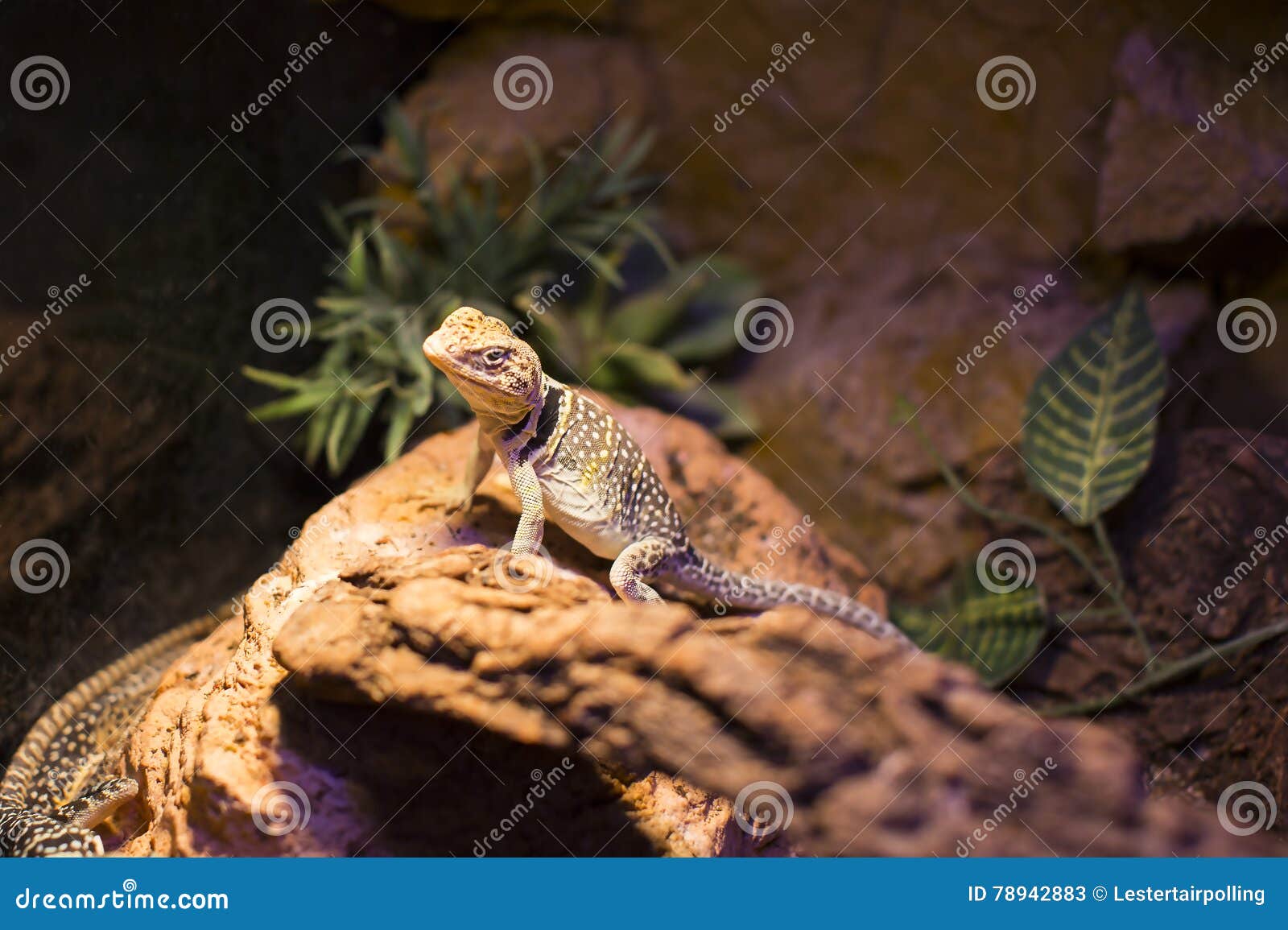Tampilkan postingan dengan label Minnesota. Tampilkan semua postingan
Tampilkan postingan dengan label Minnesota. Tampilkan semua postingan
Sabtu, 17 Desember 2016
View bigger Minnesota Wild Live Wallpaper for Android screenshot
Sabtu, 03 Desember 2016
View bigger Minnesota Wild Live Wallpaper for Android screenshot
This common sun skink is much larger and not quite as accomodating.
Wild Kratts Live in Madison, WI Apr 19, 2015 4:30 PM Eventful
Beautiful African Animals Safaris: Endangered Beautiful African Safari

Running Wild Riding The Storm Live YouTube
 Thank You for Visiting this Page
Thank You for Visiting this Page
Sabtu, 05 November 2016
Download Minnesota Wild Live Wallpaper for Android by GoodWalls
Skid Row Youth Gone Wild Live YouTube
Native Americans quickly adopted the horse as a primary means of
Mom39;s Gone Bronson!: Wild Kratts Live Show at the Santander Arena in

NYU BOX OFFICE Wild Kratts Live
Sabtu, 22 Oktober 2016
View bigger Minnesota Wild Live Wallpaper for Android screenshot
 The word "animal" comes from the Latin animalis, meaning having breath, having soul or living being. In everyday non-scientific usage the word excludes humans – that is, "animal" is often used to refer only to non-human members of the kingdom Animalia; often, only closer relatives of humans such as mammals and other vertebrates, are meant. The biological definition of the word refers to all members of the kingdom animalia, encompassing creatures as diverse as sponges, jellyfish, insects, and humans.
The word "animal" comes from the Latin animalis, meaning having breath, having soul or living being. In everyday non-scientific usage the word excludes humans – that is, "animal" is often used to refer only to non-human members of the kingdom Animalia; often, only closer relatives of humans such as mammals and other vertebrates, are meant. The biological definition of the word refers to all members of the kingdom animalia, encompassing creatures as diverse as sponges, jellyfish, insects, and humans.LIVE YOUNG WILD AND FREE Poster samuel Keep CalmoMatic
Live wild reptiles lizards shot closeup in nature.

are roughly 27,000 wild horses on long term pastures. They39;ll live
View bigger Wild Jaguar Live Wallpaper HD for Android screenshot
Selasa, 18 Oktober 2016
BLACKHAWKS vs WILD Watch FREE Live Stream Online: Chicago at Minnesota
The Wild Kratts Live! in Baltimore, MD Nov 14, 2015 4:30 PM
Giveaway: Wild Kratts Live!
Wild Kratts LIVE
Credit: Thorsten Milse Wildlife Photography The Image Bank Getty
View bigger Minnesota Wild Live Wallpaper for Android screenshot
BLACKHAWKS vs WILD Watch FREE Live Stream Online: Chicago at Minnesota
Credit: Thorsten Milse Wildlife Photography The Image Bank Getty
Mom39;s Gone Bronson!: Wild Kratts Live Show at the Santander Arena in

Wild Kratts LIVE
Langganan:
Komentar (Atom)